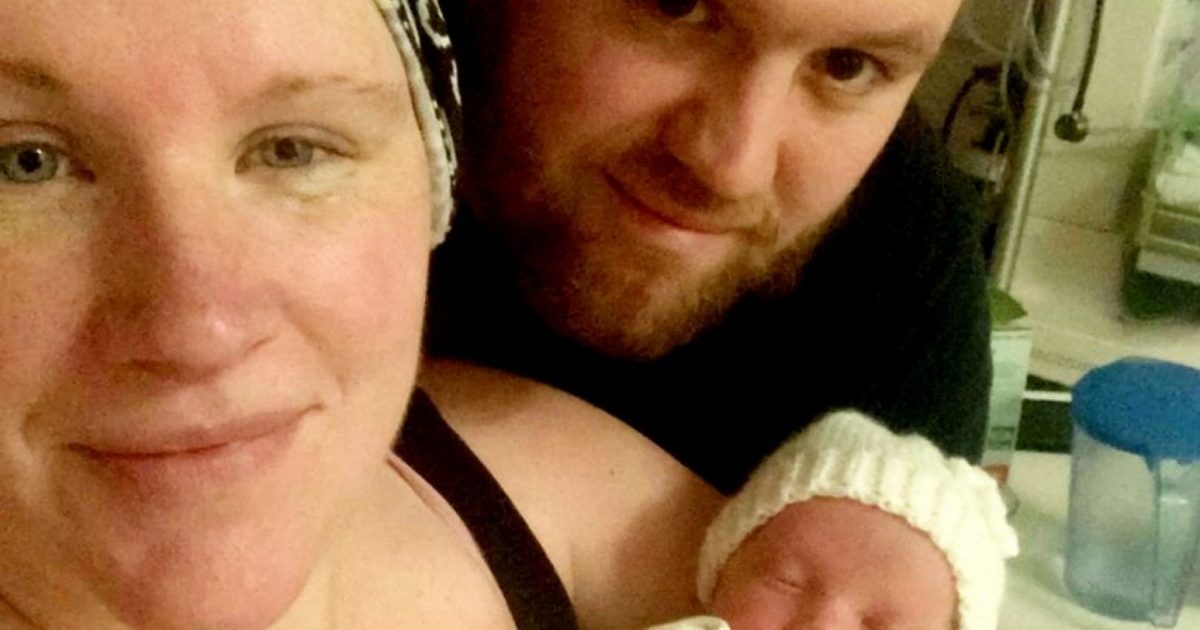Pregnant Mom, 34, Thought Cyst In Her Breast Was 'Pregnancy Related' But It Was Cancer: Despite Grueling Treatments, Her Newborn Was Healthy!
- Hayley Cragg, a 34-year-old British woman, said she likely wouldn’t have found what turned out to be a cancerous lump if she hadn’t been 18-weeks pregnant.
- Breast cancer remains incredibly common in the United States, with around one in eight women being diagnosed over the course of their lifetime.
- The American Cancer Society recommends several steps to help catch breast cancer early, including yearly mammograms for women as young as 40, although that age goes down to 30 for women who are at high risk for the disease.
Hayley Cragg, a 34, was 18 weeks pregnant with her third child when she found a lump on her breast.
Read More"When they did the operation they removed the cancer completely – but the chemo was to ensure that it didn't come back. I had three rounds whilst pregnant and that combined with the morning sickness was just horrific," she said. “I don’t know if I could have done it without my baby boy who was giving me strength every step of the way.”
With three more rounds of chemotherapy scheduled, Cragg was induced at 35 weeks. She gave birth to a healthy baby boy named Louie, who is now 16 weeks old.
Cragg said she is due for a round of radiotherapy in July, after which she is hopeful she will be declared cancer-free.
"I still feel constantly tired now and have tingling in my hands and feet from the chemo – although this should fade over time. I have to undergo some radiotherapy in July but doctors are positive this is just a precaution to make sure they kill any remaining cancer cells in my body."
Breast Cancer Facts
Breast cancer remains incredibly common in the United States, with around one in eight women being diagnosed over the course of their lifetime, making it the second most common type of cancer among women. According to BreastCancer.org, over 43,000 American women are expected to die of the disease this year.
Genetic testing has become a key part of risk assessment for cancer, due to the disease’s link to the BRCA1 and BRCA2 genes. Women with mutations on those genes are at increased risk of developing breast cancer. However, those mutations are linked to only five to 10 per cent of breast cancer cases.
The American Cancer Society recommends several steps to help catch breast cancer early, including yearly mammograms for women as young as 40, although that age goes down to 30 for women who are at high risk for the disease.
Learn more about SurvivorNet's rigorous medical review process.

